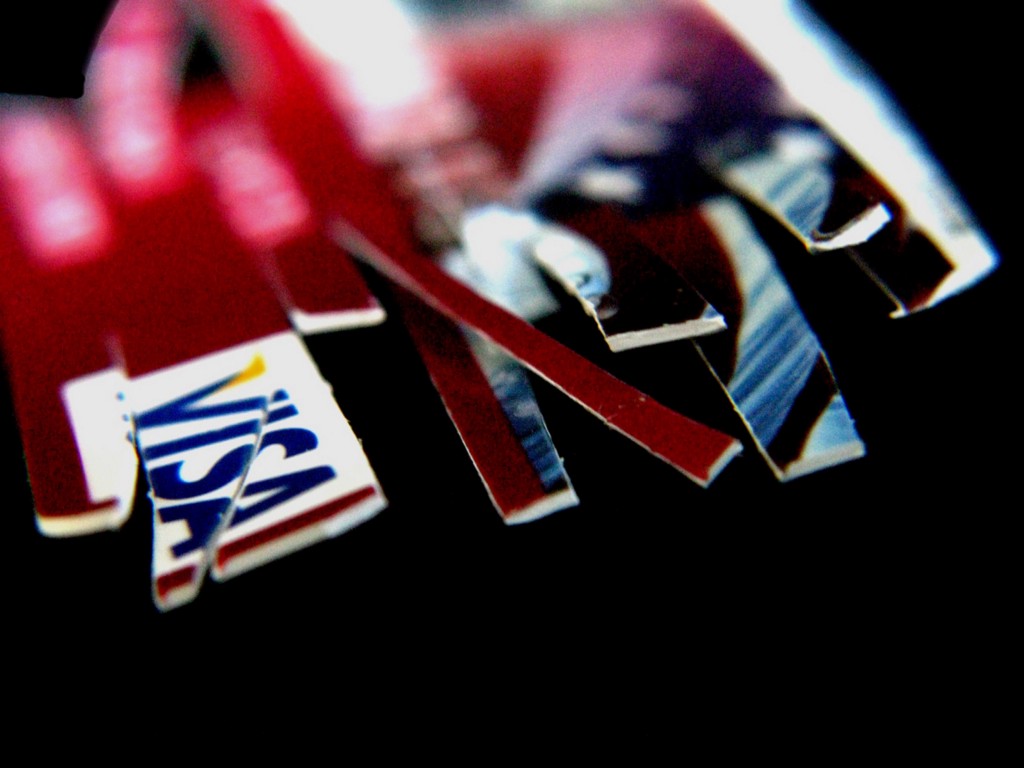Our Debt Doubled Between 2000 and 2007
Also, I just signed up for Slate Plus so I could follow along with Helaine Olen’s ‘The United States of Debt.’

If you read Slate as assiduously as you read The Billfold—instead of just reading my responses to Slate articles calling casseroles and slow cooker meals “out of date”—you might have noticed that Helaine Olen just launched a new Slate Academy series called The United States of Debt, available only to Slate Plus members.
Which means I finally signed up for Slate Plus. I will absolutely pay $5 a month to follow along with this.
And no, it’s not those impulsive $5 a month Slate Plus subscriptions that ruin us financially, as Olen and CUNY sociology professor Joseph Cohen discuss in the introductory episode, which you can listen to for free. As Cohen puts it:
We think of those small treats that we give ourselves and we think well, I really didn’t need that and I could have saved $5 here and $5 there. But the truth is that all those small treats are small when it comes to their dollar impact on the budget. The real drivers of household spending, there’s three big areas: education, health care, and housing.
Most of the introductory episode will feel like stuff you already know, especially if you’ve been a Billfolder for a while. Yes, the cost of living has increased overwhelmingly—along with the lines of credit available to many Americans, including second mortgages and student loans. It makes sense that the majority of us are in some kind of debt, because everything about the culture in which we live encourages indebtedness.
Still, we learn in the introduction that “the amount we owed doubled between 2000 and 2007,” which is a really interesting set of dates. This debt-doubling happened before the official start of the Great Recession, for example. I’d love to learn more about what exactly happened between 2000–2007 to prompt this additional debt. Yes, there was 9/11 and “go shopping” and the housing bubble (even though that didn’t really burst until 2008) and the sort of mini-recession that I remember in 2004 when people started saying that my generation would be the first to do worse than its parents.
These were also the George W. Bush years—even though Bush wouldn’t officially leave office until January 2009—and I’m curious whether that played a role. How much does our government affect the amount of debt we individually carry?
So I am definitely in for this Slate Academy series, which includes not only podcasts but also essays, book excerpts, and a Facebook group, and although I don’t mean to sound like a Slate Plus advertisement I am very excited to hear what Olen has to say about why we’re in debt, and whether she thinks we’ll ever get out of it.
If you’ve listened to the free introductory episode, what did you think? Also, do you have additional insight on why our debt doubled in 2000–2007?
Support The Billfold
The Billfold continues to exist thanks to support from our readers. Help us continue to do our work by making a monthly pledge on Patreon or a one-time-only contribution through PayPal.
Comments